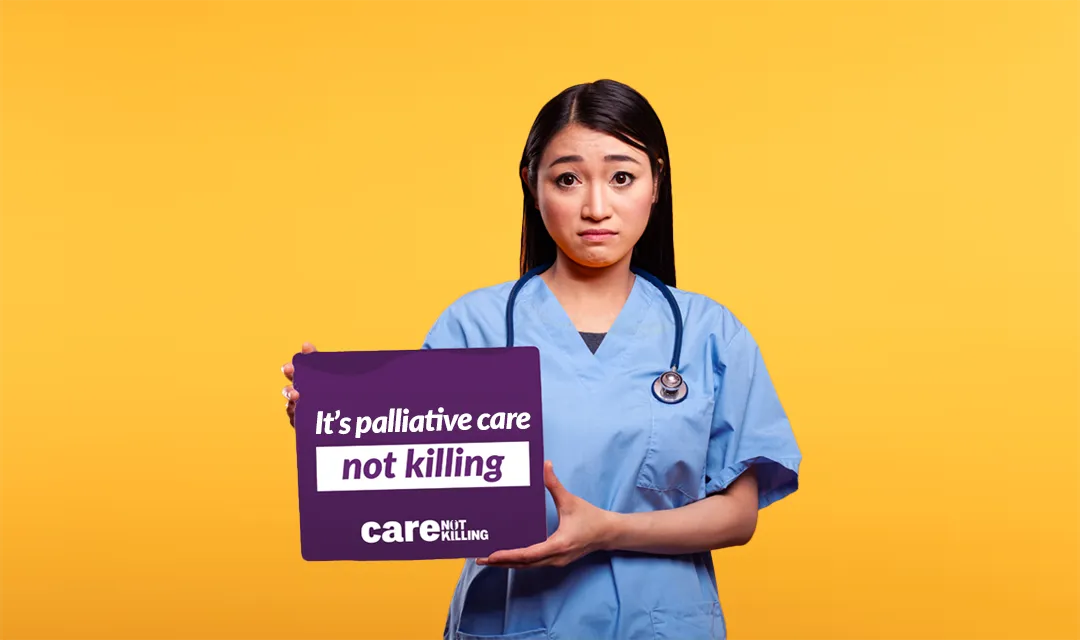Our hospice sector is in crisis. One in five hospices in the UK are cutting services because of lack of funding, pushing people back into an inadequate NHS at the end of their lives.
Many hospices are charities, relying on public donations, charity shops and bake sales. Only 20-30% of hospice funding comes from the NHS, and it has not kept up with the rate of inflation.





